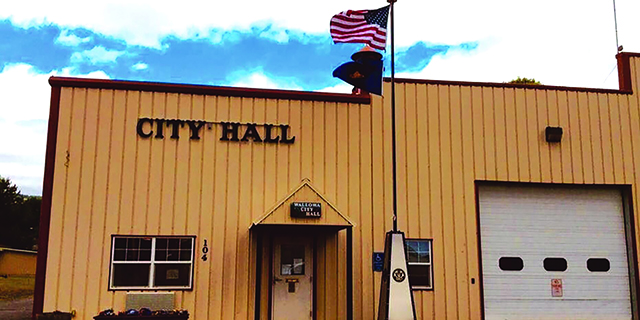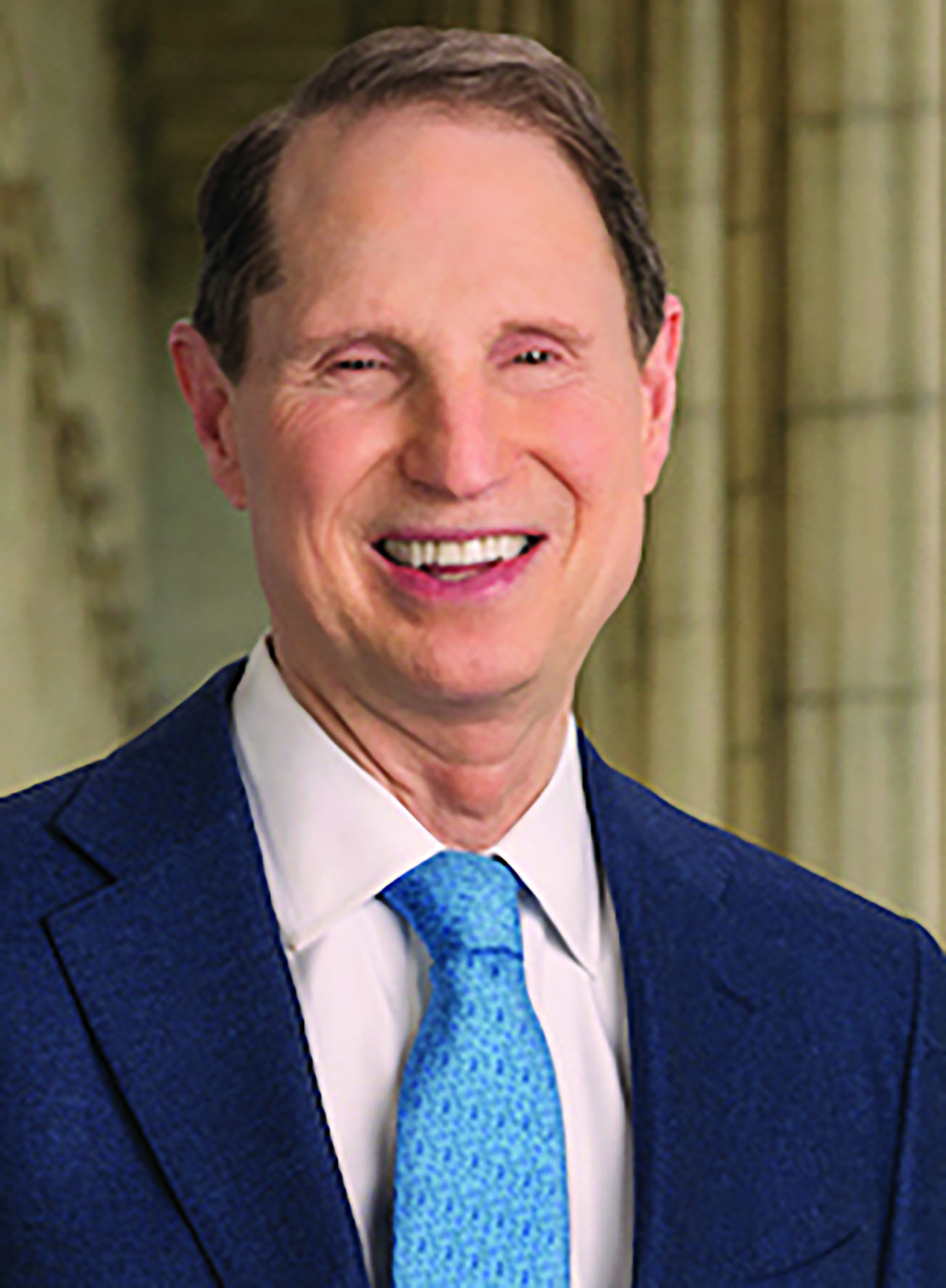Living — and voting — in fear
Published 6:43 am Monday, November 14, 2016
American elections, even those we call sweeps, are determined by relatively few votes, hundreds in fields of tens of thousands, fewer than a million in tens of millions. Our democracy has forever ebbed and flowed on a bubble of one or two percentage points. In this one, Hillary actually won the popular vote, but that was because she piled up votes in California, Washington and Oregon; Trump easily won the electoral vote by gaining victories — sometimes with slim margins — in several key states that Democrats have carried in the past.
The standard explanation is that it was about the loss of good jobs among white coal and steel workers and other working-class folks in the heartland. But most people in this big grand country, including the heartland, do have jobs and families and houses and iPhones, even when the unemployment rate hits 10 percent.
Trending
And what does it mean here in Wallowa County, which Trump carried with 65 percent of the vote and where the latest statistics put unemployment at 4.5 percent? Where all the carpenters, plumbers, electricians and odd-job folks I know are busy and retail businesses are having trouble finding help? Wheat prices might be down, but cattle prices are good, and local farmers and ranchers are meeting changing markets and conditions with a variety of innovative moves. We are growing and selling grass-fed beef, goats, buffalo, hand-made soaps and cheeses, quinoa, triticale, organic potatoes, etc.
Trump’s big tag line, and one that excited a lot of voters, was that he is going to Make America Great Again. We never got, from him, an exact statement of when that was, but most people assume we are talking about the post-WWII years, the ‘50s and maybe part of the ‘60s. If you were a vet with the G.I. Bill, the government program that many say created the middle class in America, times were good. Not so good for inner cities, African Americans, women, American Indians and others on the margins.
In Wallowa County and in rural areas across the country, it wasn’t all roses. We lost population, beginning in the ‘20s and continuing beyond WWII. Although logging was good with the push in G.I. housing, agriculture was moving from horses to horsepower. Tractors took over in the mid-’50s, and one-man chain saws meant more timber production with fewer workers. My bet is that most of us who live here now cannot trace county roots that far back. Check your neighborhood.
In the ‘30s, ‘40s and ‘50s, Wallowa Countians voted with their feet, moved to jobs in suburbs and cities. It’s what’s happening in the rust belt now, and even supporters admit that coal mines and steel mills do not require the labor force they once did.
President Truman, that unlikely vice president and president with murky political roots who found himself in the White House when Roosevelt died, made the decision to drop the bomb on Japan, beat Dewey in a 1948 upset as big as Trump’s to win his own term, integrated the military, fired General McArthur over the possibility of war with China, and, at the end of his presidency, went with Bess back to her Missouri family home with the white picket fence. He once said that it is not the 5 percent of people who are unemployed that make governing difficult; it is when 25 percent of the people fear that they might join the 5 percent.
Over the last 15 or 20 years, fear has grown across the land, and this year it has taken over.
Trending
We are afraid of a liberal Supreme Court appointee or a conservative one; afraid of refugees, immigrants, Mexicans, Muslims, ISIS, Russians, Chinese, white cops, black gangs, globalism, political correctness, foreign wars and technology; afraid of losing rights to choice and marriage equality, of gays and abortion, of losing relatives to deportation, losing health insurance or the cost of health insurance. Most importantly, there is fear of guns and fear of taking guns away (Obama was going to do it; Hillary certainly would), fear among many white citizens that we are becoming a “majority-minority” that will be outnumbered by people who are brown and black, and fear that women, who have pulled even with men in doctors’ and lawyers’ offices and now outnumber us in grad schools, will become the breadwinners and reduce our manhood. Fear of change.
Franklin Roosevelt, FDR, the president before Truman, the man who put a nation back to work and offered security with the Civilian Conservation Corps, the Rural Electrification Program, Social Security and Unemployment Insurance, who led us out of the Depression and through World War II (and turned Wallowa County into a Democratic stronghold for almost 40 years), said, in the depths of the Depression and at the beginning of his presidency, that “the only thing we have to fear is fear itself.”
If that message is not clear from our leaders right now, we must bubble it up from the bottom as loudly and clearly as we can.
Columnist Rich Wandschneider lives in Joseph.









